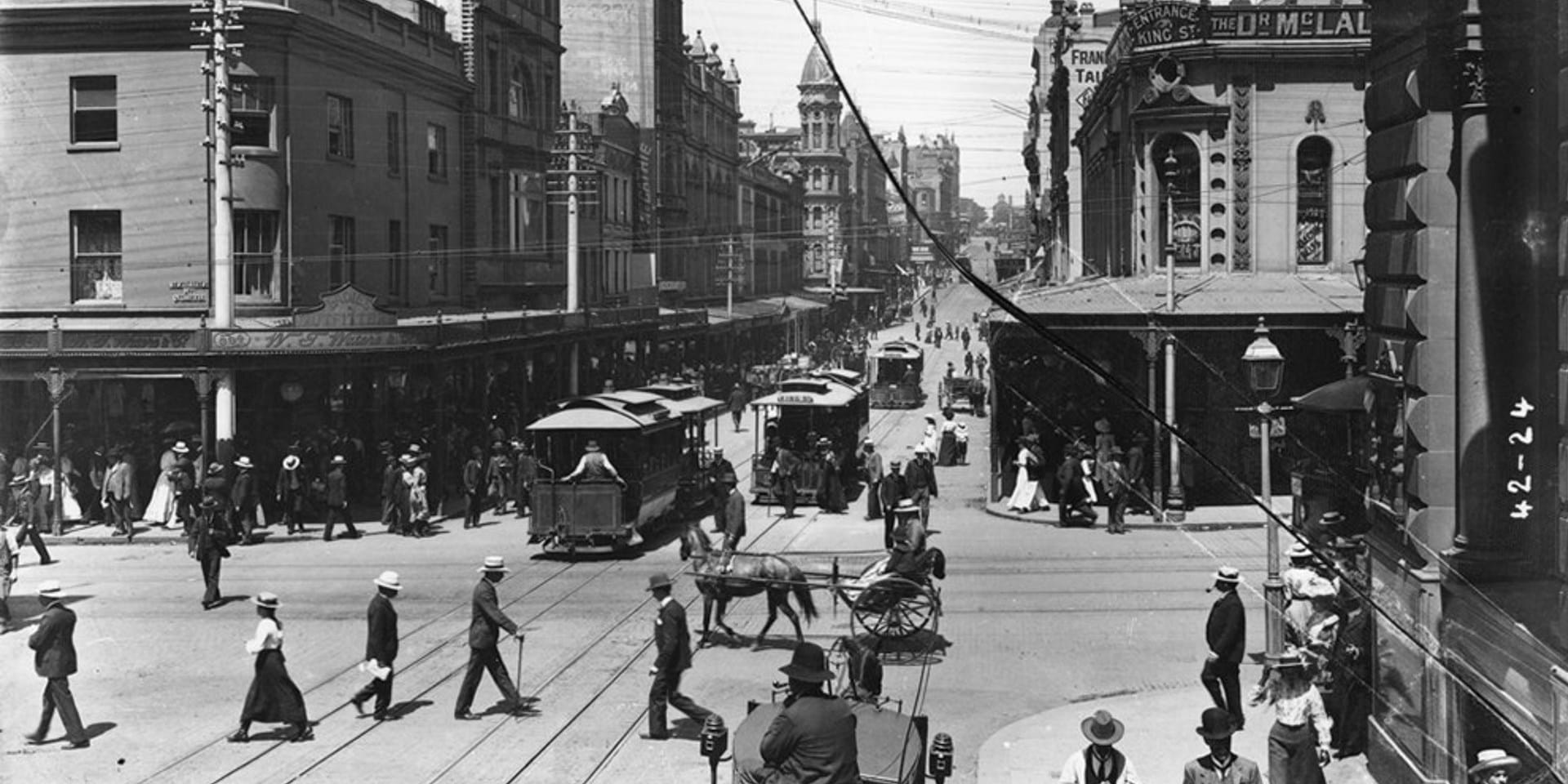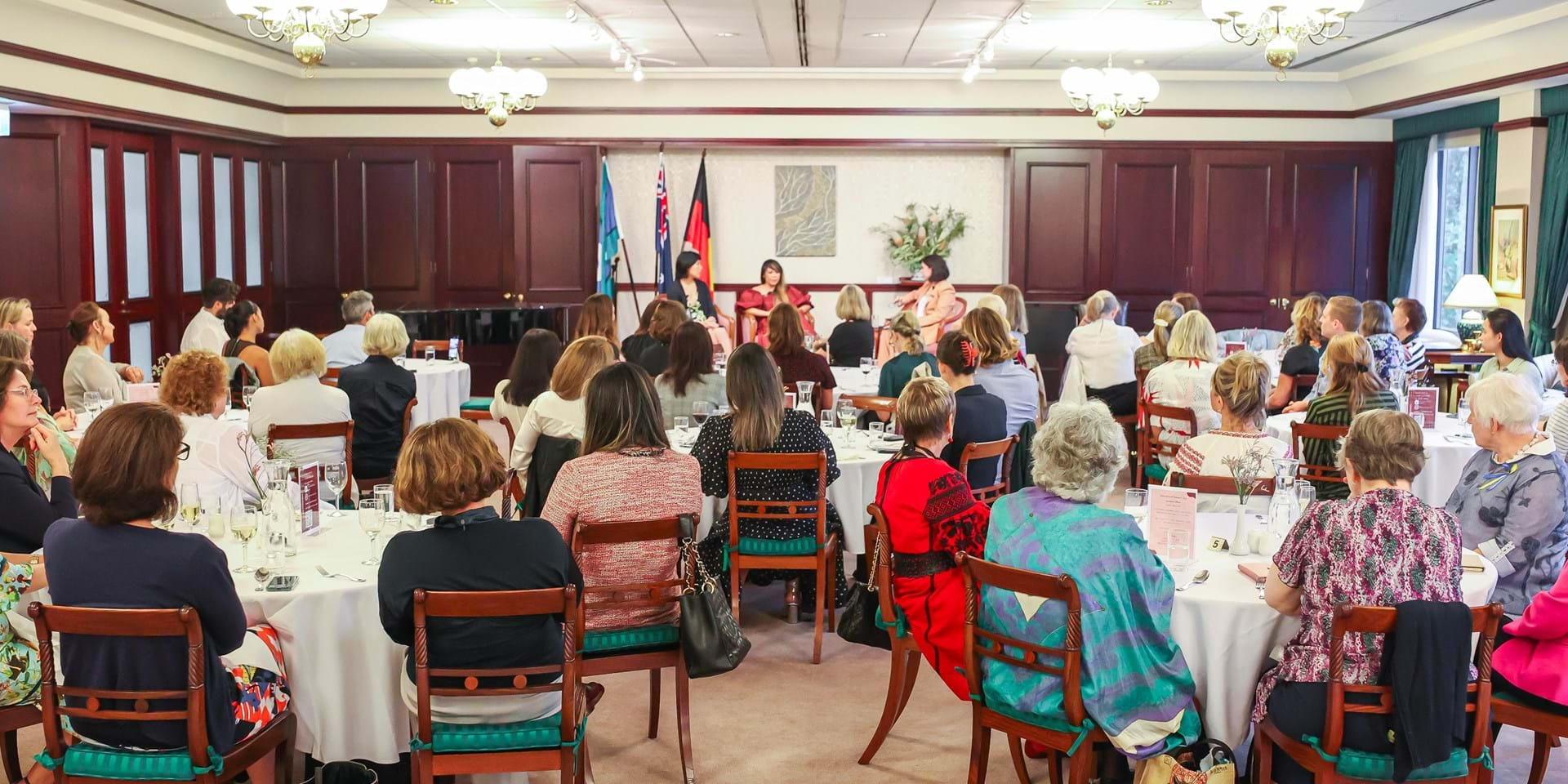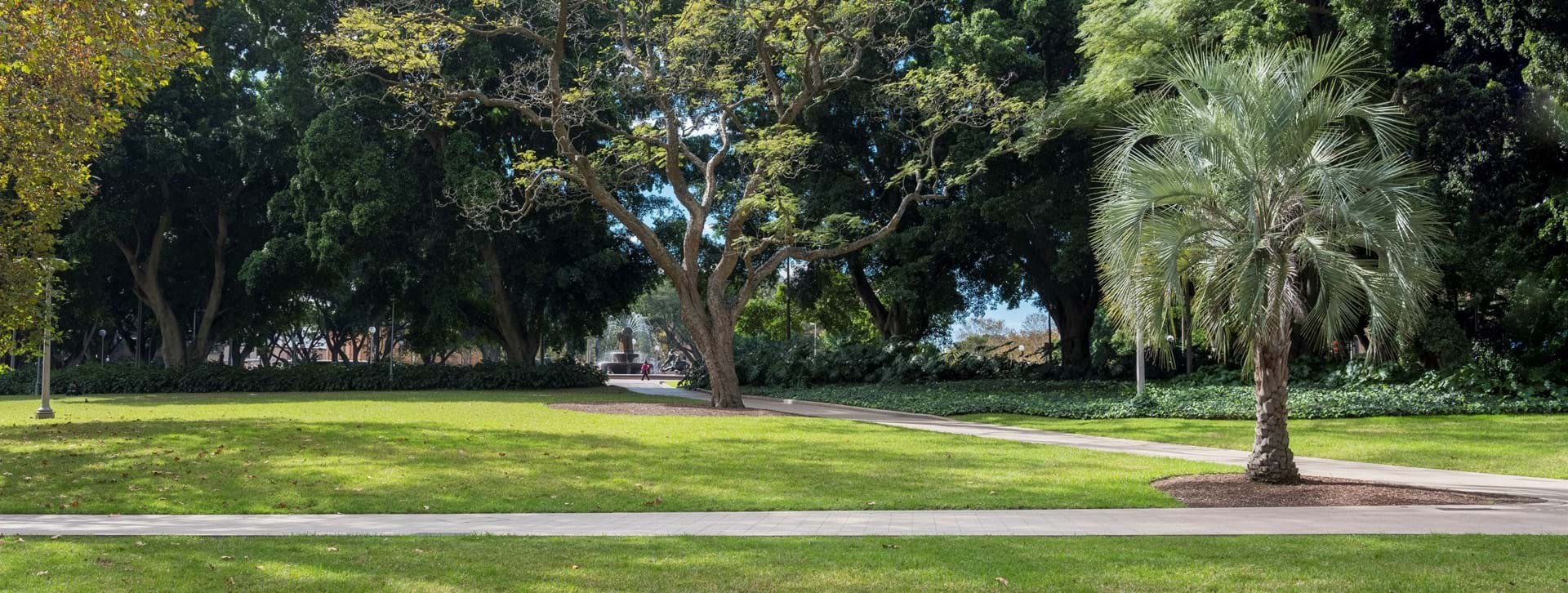The Women’s Club in the 21st Century
The Club moves with the times while honouring its traditions and the women who made possible the freedoms we take for granted today.
Events with prominent guest speakers remain highlights on the Club calendar and our Circles (a drawcard from the beginning), continue to cater to interests spanning the arts, architecture, social justice, technology and everything in between.
Once a meeting place for leading light organisations including the National Council of Women, Feminist Club and Women’s Civic League, The Women’s Club continues this tradition by hosting associations that support women.
History
The Women’s Club was founded by a group of women who refused to allow the restrictions placed on them to stand in the way of their determination to fully participate in public life.
Access to education is a major hurdle. The Public Instruction Act makes school attendance compulsory for both girls and boys.
1880
1881
The University of Sydney admits women on an equal footing with men.
Mary Brown and Isola Florence Thompson graduate from the University of Sydney with Arts degrees.
1885
Mary Booth graduates from The University of Sydney
Rose Scott supports women’s right to vote as a founding member of the Womanhood Suffrage League of New South Wales.
1891
1892
The Women’s College is established as the first residential college for women at an Australian University.
On a mission to ‘fill some of the needs of intellectual and academic women’ at a time when they were still sidelined from public life, more than 100 women meet at The Women’s College on 9 October to found The Women’s Club which first opens in rented rooms in Rowe Street.
1902
Non-Aboriginal women win the right to vote in federal elections and Club membership stands at nearly four hundred women.
The Club relocates to Challis House in Martin Place in 1908 and then to 77 King Street in 1913.
1908 - 1922
Official Opening of Beaumont House. Total cost £31,635/10/2
1924
1925
Membership increases to more than 800. Influential members include women’s rights luminaries such as: Jessie Street (suffragette, human rights activist and Australia’s only female delegate to the United Nations), Louisa Macdonald (first principal of The Women’s College) and Adela Pankhurst (suffragette and political campaigner).
Helen Keller attended a Tuesday Club event while visiting Sydney and was made an Honorary Member.
1948
The Women's rights movement seeks equal rights and opportunities and greater personal freedom for women.
1960s and 1970s
1992
The Women’s Club settles into its current home at 179 Elizabeth Street overlooking Hyde Park.





